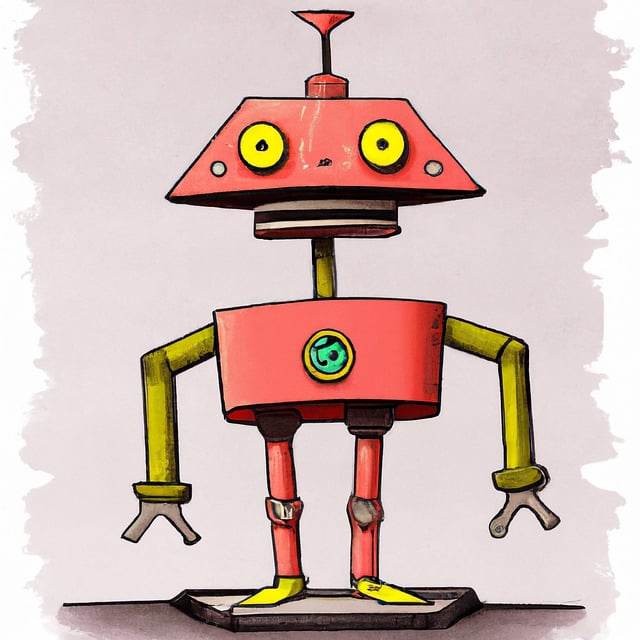Section 1: Introduction to AI in Writing
The field of artificial intelligence (AI) has been rapidly advancing in recent years, and its impact can be seen in almost every aspect of our lives. From self-driving cars to virtual assistants, AI has revolutionized the way we live and work. But one area where its impact is particularly significant is in the world of writing. With the development of AI-powered writing tools, we are witnessing a revolution in creativity. In this article, we will explore the power of AI in writing and how it is changing the landscape of creative writing.
Section 2: The Rise of AI Writing Tools
The rise of AI writing tools can be attributed to the advancements in natural language processing (NLP) technology. NLP is a branch of AI that focuses on enabling computers to understand and interpret human language. With the help of NLP, AI writing tools are able to analyze vast amounts of data, including books, articles, and other written content, and generate human-like text. These tools use algorithms to learn from the data and improve their writing capabilities over time.
One of the most popular AI writing tools is GPT-3 (Generative Pre-trained Transformer). Developed by OpenAI, GPT-3 is a language processing model that can generate human-like text in a variety of styles and tones. It has been trained on a massive amount of data, including books, articles, and websites, and is able to produce coherent and grammatically correct sentences. GPT-3 has been used to write news articles, emails, and even short stories, with some claiming that it is almost impossible to distinguish between text written by a human and text generated by GPT-3.
Section 3: The Impact of AI on Creativity
The use of AI writing tools has sparked a debate about the impact of AI on creativity. Some argue that these tools are taking away the human element in writing and that the text generated by AI lacks the depth and emotion that can only be produced by a human writer. However, others argue that AI is not replacing human creativity, but rather enhancing it.
AI writing tools can help writers overcome writer’s block and generate ideas that they may not have thought of on their own. These tools can also help with the editing process by identifying grammatical errors and suggesting improvements. This frees up time for writers to focus on the more creative aspects of their work, such as character development and plot twists. In this way, AI is not replacing human creativity but rather allowing writers to focus on the more imaginative aspects of their work.
Moreover, AI writing tools can also serve as a source of inspiration for writers. By analyzing vast amounts of data, these tools can identify patterns and trends in writing, which can be used to generate new and unique ideas. This can be especially helpful for writers who are struggling to come up with fresh and original content.
Section 4: The Future of AI in Writing
The potential of AI in writing is limitless, and its impact is only expected to grow in the future. As AI writing tools continue to improve, we can expect to see more and more writers incorporating them into their creative process. This will not only lead to a more efficient and productive writing process but also open up new possibilities for creativity.
In the future, we may even see AI writing tools being used to create entire books or novels. With the ability to analyze and learn from vast amounts of data, AI could potentially produce stories that are not only grammatically correct but also engaging and emotionally resonant. This could open up new opportunities for writers to collaborate with AI and create works that would have been impossible to produce on their own.
Conclusion
In conclusion, the power of AI in writing is undeniable. With the development of AI writing tools, we are witnessing a revolution in creativity. These tools are not only making the writing process more efficient but also inspiring writers to think outside the box and come up with new and innovative ideas. While there may be concerns about the impact of AI on human creativity, it is clear that AI is not replacing human writers but rather enhancing their abilities. As AI continues to evolve, we can expect to see even more exciting developments in the field of AI-powered writing.

